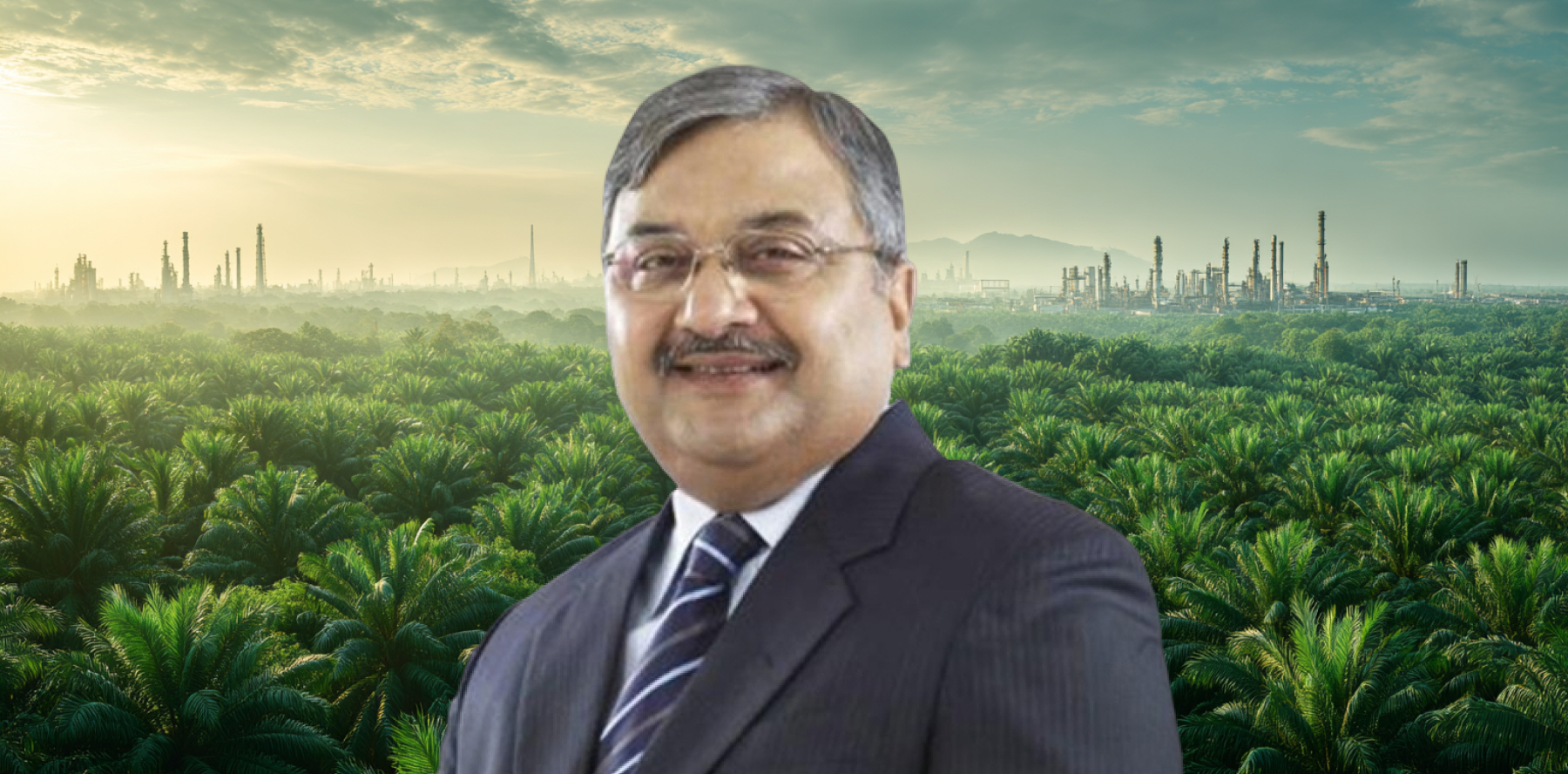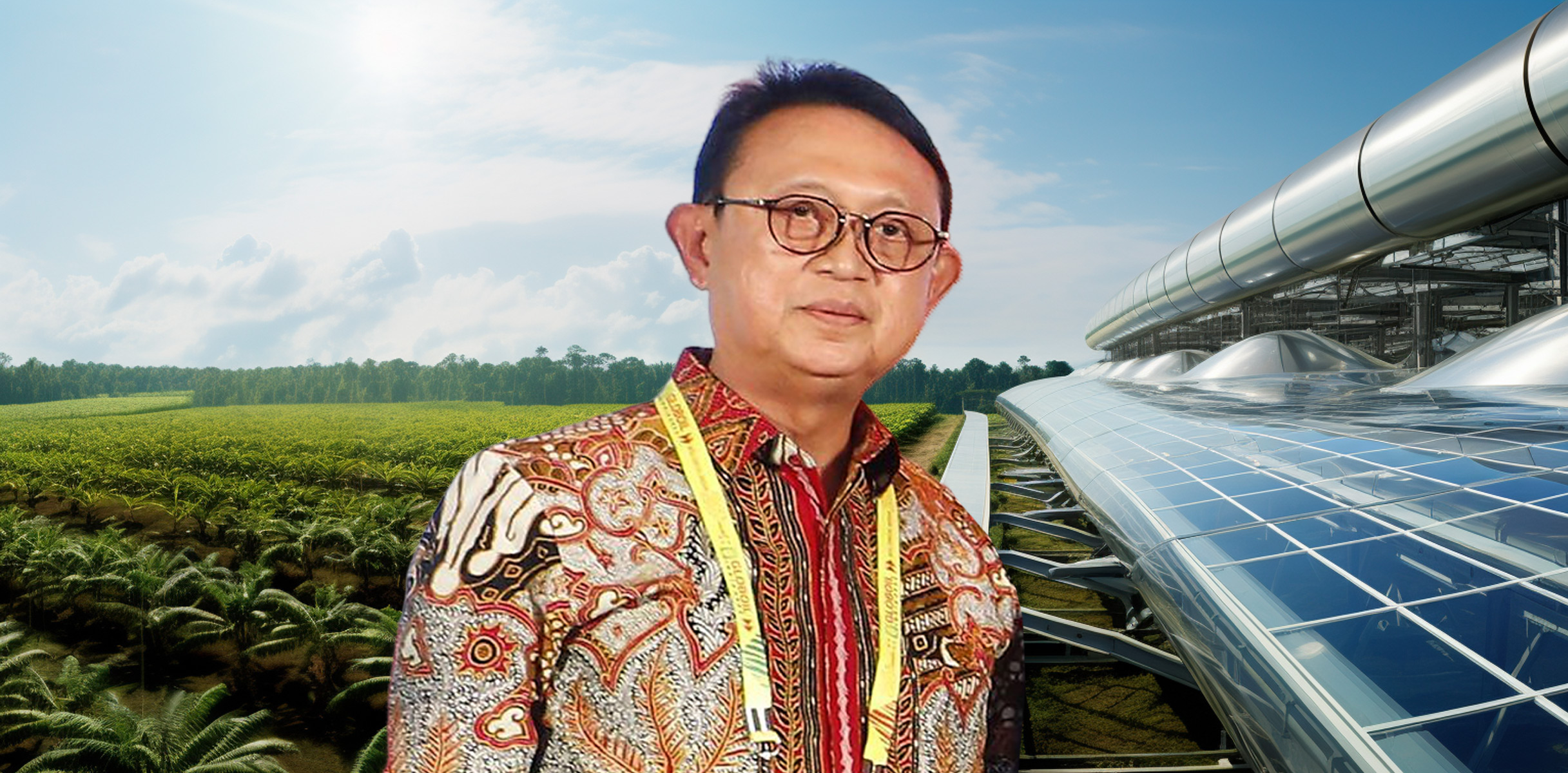Indonesia’s Palm Oil Push: Fadhil Hasan on Myths, Markets and Global Politics
Dr. Fadhil Hasan of GAPKI discusses efforts to correct palm oil misconceptions, strengthen sustainability recognition, and enhance producer cooperation.
In this interview, Dr. Fadhil Hasan, Head of Foreign Affairs Division at the Indonesian Palm Oil Association (GAPKI), provides deep insights into the global discourse around palm oil. He reflects on GAPKI’s strategy to dispel misconceptions in Western markets, the role of Indonesia’s sustainability efforts such as ISPO and the importance of cooperation between producer nations through forums like CPOPC.
- In your role, liaising with international stakeholders, what has been your strategy to address the misconceptions about palm oil in markets like the EU and the US? Have diplomatic efforts and fact-sharing borne fruit in maintaining market access, or is the battle increasingly being fought with stricter standards and regulations?
The EU and the US are quite different markets for palm oil, and there are some subtle differences between them. However, the main misconceptions are generally around the impact of palm oil on the environment, and particularly its contribution to deforestation. The main misconceptions are that deforestation is increasing in Indonesia, and that palm oil is the main contributor. The reality is that deforestation has been falling and is now at its lowest levels on record, and that palm’s contribution to deforestation is now minimal, thanks to a combination of government policies and enforcement.
In terms of our strategy, one of our main tasks has been to ensure that our stakeholders in those markets – particularly buyers – have all the facts around deforestation and palm oil. There tends to be an information vacuum around Indonesia, particularly in Western markets. So it is our job to ensure that the information is there, accessible and distributed to the right people.
This has definitely been successful to a point, and the private sector and the government coordinate well in ensuring that our message is heard. The rise of standards and regulations in those markets needs to be considered in context. In Europe, for example, there is pressure on governments to support their farmers and protect them from import competition. Those farmers are voters in Europe, so it’s not surprising politicians will listen to their concerns first and foremost, and implement regulations that support them. This is effectively a trade battle – it’s never ‘won’— it’s a constantly shifting landscape of regulations and rules.
- We’ve seen some positive developments, such as higher acceptance of certified sustainable palm oil (CSPO) in certain markets. From your perspective, are global buyers responding to Indonesia’s sustainability efforts (like ISPO improvements, moratoriums on new forest clearing) with greater trust and willingness to engage? What more needs to be done on the international stage to get acknowledgement for these efforts?
National standards and certification standards are very complex, particularly when it comes to sustainability. The standards need to be developed at a domestic level so that they are suitable for domestic growers. There’s no point in trying to apply European agricultural standards in an Asian country – they’re not suitable for each other. ISPO, which is Indonesia’s national standard, has been developed for Indonesian conditions. So it’s a process of educating our partners as to what ISPO is and why it’s relevant to Indonesia’s sustainable development – and this includes economic, social and environmental concerns. Central to this is economic welfare, and ensuring those stakeholders are aware of Indonesia’s 2.7 million smallholders. Buyers are aware of this, and its importance. Getting this across to the broader public is a bigger task, whether it’s about palm oil or deforestation more broadly. Some countries, such as the US and Norway have been very supportive of our efforts and prepared to speak out on the public stage. Getting politicians and policymakers from other European countries would effectively be a form of acknowledgement.
- Palm oil often gets entangled in geopolitics – whether it’s negotiations in trade deals or as a retaliatory tariff subject. How important is it for producing nations to coordinate their stance? Do you see GAPKI and Malaysia’s MPOA, for instance, working even more closely to present unified tasks so that producer interests are protected?
It is absolutely vital. Our countries will often differ on certain issues, and at times we can be quite competitive in other markets. However, the core principles of palm oil production and its importance to sustainable development are one area where we absolutely agree. The forum that we ultimately use for cooperation is CPOPC, which provides government-to-government cooperation, but also provides a suitable forum for the private sector to exchange information and align policies. The impetus for commencing CPOPC more than a decade ago was precisely this. Originally it was envisioned as an ‘OPEC’ equivalent for palm oil – and there are many reasons why it would never reach that level of dominance, but as a forum for a united front when dealing with non-tariff measures, for example it serves this purpose. As for cooperating with other associations, we are always happy to cooperate and launch joint initiatives when appropriate. But it also needs to be remembered that international concerns are just one part of what we do. Our producers have multiple domestic concerns also that take up much of their time.
- Indonesia sometimes implements policies (like export levies, quotas, or domestic market obligations) to stabilize local supply and prices. How do you communicate the rationale of these policies to international partners who might be adversely affected by sudden changes (like importers facing short supply)? Is there a way to make such policies more palatable or better timed to minimize surprise and maintain Indonesia’s reputation as a reliable supplier?
Sometimes this is indeed difficult. In the past, when the Indonesian government has introduced these measures, there has generally been a good domestic reason for it, and it has been at a time of considerable domestic pressure. In the past, this has led to miscommunication and a market disruption. In our view, this is like any other form of market disruption, and it needs to be managed between trading partners with clear channels of communication, particularly at the policymaking level. We will always do our best to communicate directly with our customers. Obviously, the last thing we want is a disruption to supply. And this is precisely why ongoing dialogue, whether in the form of trade delegations, or government-to-government channels is absolutely vital.
Browse by category
Dr. Fadhil Hasan: GAPKI's Foreign Affairs Head, Asian Agri Group's Corporate Affairs Director.
Popular articles





.jpg)
